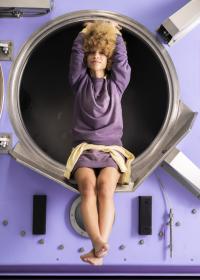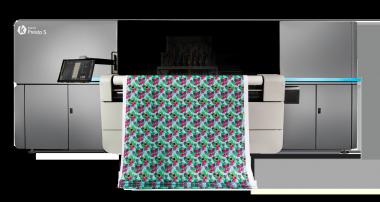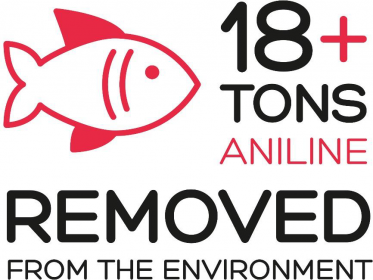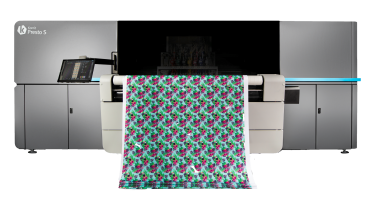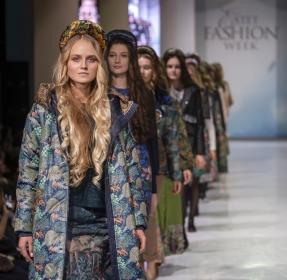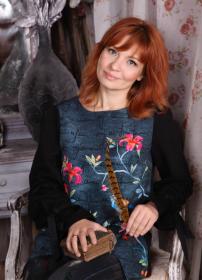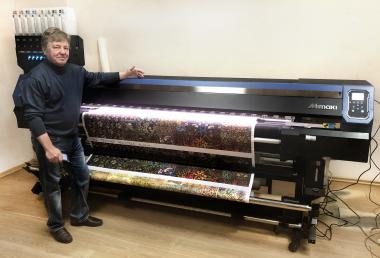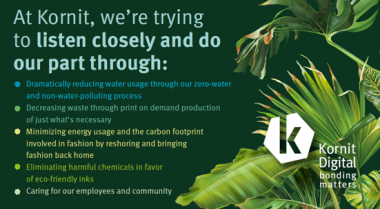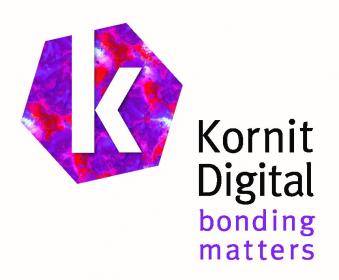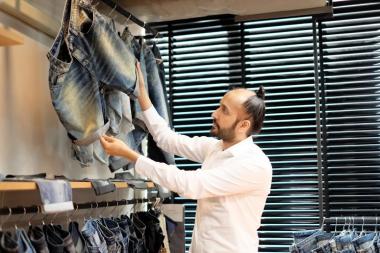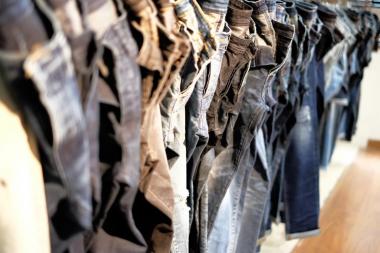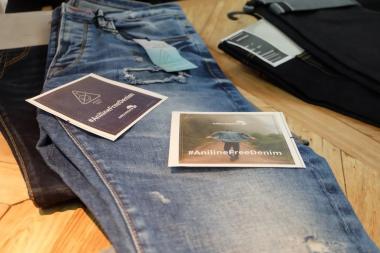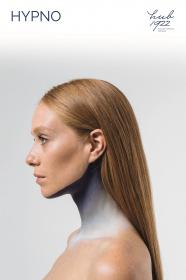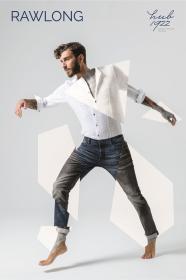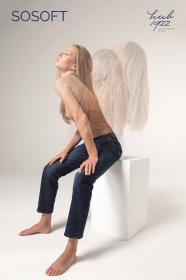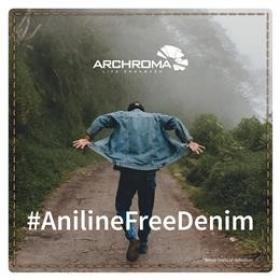Wake for WRÅD: Colors by Flowers, Concept by Nature
- A new capsule collection colored only using plants and natural elements, signed together by Tonello and WRÅD
A capsule collection of exclusive garments was born, happy, totally natural, healthy and sustainable, free of chemicals hazardous for the environment or humans, hypoallergenic and gentle on the skin, the result of a responsible process, 100% GOTS certified organic cotton.
A collection made possible by the talents of WRÅD and Wake, the innovative organic dyeing system developed by Tonello: healthy for people and for the environment, because it uses only plants and vegetable waste, such as flowers, berries, peels and roots, which are left to dry and then infused, without using harmful chemical additives. It is easy to use, almost like preparing an herbal tea: it is, in fact, a radical paradigm shift.
The naturalness of the pigments used and the desire to create a support that would highlight the real color of emotions: these were the points that unite WRÅD and Tonello, realities that are also physically close, united by the authenticity of their evolutionary promises of change and transformation.
The colors on the garments are alive. Sensitive to light, over time they tend to fade to a lower tone, becoming increasingly sober and authentic, like those who choose to wear these manifesto-garments, which invite, quietly, and with grace and subtlety, a gentle revolution: in the name of respect for the environment and the equilibrium between people and nature.
Tonello






